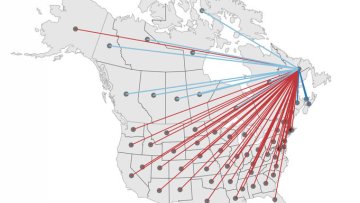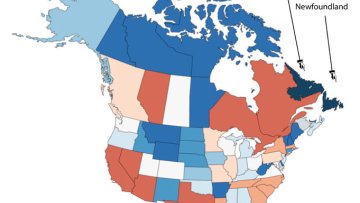The geology of inner mantles
Abstract
An inner model is a ground if V is a set forcing extension of it. The intersection of the grounds is the mantle, an inner model of ZFC which enjoys many nice properties. Fuchs, Hamkins, and Reitz showed that the mantle is highly malleable. Namely, they showed that every model of set theory is the mantle of a bigger, better universe of sets. This then raises the possibility of iterating the definition of the mantle—the mantle, the mantle of the mantle, and so on, taking intersections at limit stages—to obtain even deeper inner models. Let’s call the inner models in this sequence the inner mantles.
In this talk I will present some results, both positive and negative, about the sequence of inner mantles, answering some questions of Fuchs, Hamkins, and Reitz, results which are analogues of classic results about the sequence of iterated HODs. On the positive side: (Joint with Reitz) Every model of set theory is the eta-th inner mantle of a class forcing extension for any ordinal eta in the model. On the negative side: The sequence of inner mantles may fail to carry through at limit stages. Specifically, it is consistent that the omega-th inner mantle not be a definable class and it is consistent that it be a definable inner model of ¬AC.



